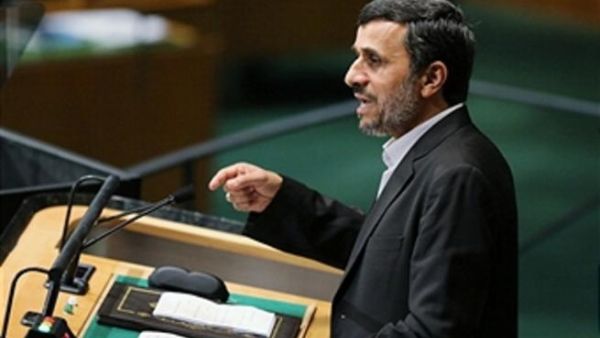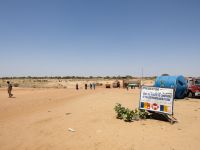Iran has spent almost $25 billion on upstream oil and gas projects since last March but needs to keep investing to keep its influence in Organization of the Petroleum Exporting Countries (Opec), Iran’s oil minister said.
Iranian oil production fell sharply last year, as Western nations tightened sanctions to starve Tehran of funds for its disputed nuclear programme, allowing Iraq to overtake Iran as the oil exporting group’s second-largest producer. The sanctions, aimed at stopping what the West says is a weapons programme but which Tehran says is purely peaceful, have slashed tens of billions off Iranian oil revenues over the past year and weakened Opec price hawk Iran’s influence in a group now effectively steered by Saudi Arabia.
Iranian officials have maintained a brave face as exports have fallen to about half levels seen in 2011, arguing that selling less crude is good for the economy while calling for more investment to boost capacity and refine more crude into finished fuels. “We should raise production capacity in the mid-stream sector and protect our place in Opec with regard to sensitivity of the oil market and at the same time try to curb selling materials in raw form,” oil ministry news website Shana reported oil minister Rostam Qasemi as saying at a finance conference in Tehran.
Qasemi said as much as $400 billion dollars of energy sector investment was needed over five years, although Iran already struggles to sell the oil it already produces because of pressure from Washington on big Asian customers to buy less. International banking restrictions have made it very difficult for Iranian oil buyers to send funds to an isolated Islamic Republic seen by many investors as high risk. Qasemi said foreign investment in Iran’s oil and gas sector had nevertheless risen to $20 billion dollars recently, according to Shana.








